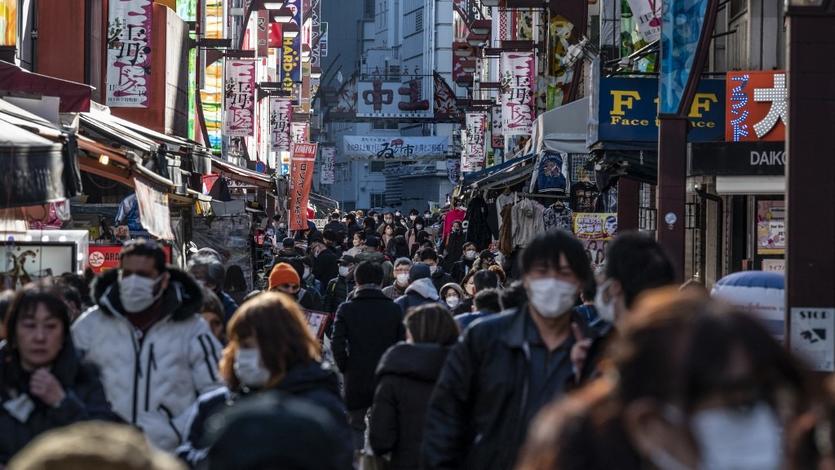Tokyo Cracks Down on ‘Kasuhara’ Amid Rise in Customer Abuse: First Ordinance to Protect Service Employees

Tokyo Cracks Down on ‘Kasuhara’ Amid Rise in Customer Abuse: First Ordinance to Protect Service Employees
Tokyo is taking a landmark step to address the increasing issue of “kasuhara,” a term used in Japan to describe abusive behavior by customers toward employees in the service industry. With complaints of harassment and mistreatment on the rise, city authorities have introduced the country’s first ordinance aimed at protecting workers in sectors such as retail, hospitality, and customer service from abusive consumers.
The ordinance, introduced in response to a surge in incidents of verbal, physical, and emotional abuse from customers, marks a significant shift in Japanese work culture, where employees are often expected to maintain a “customer is always right” attitude. However, growing concerns over staff well-being and workplace mental health have prompted calls for stronger protections.
A Rise in ‘Kasuhara’
Recent studies show a troubling increase in cases where employees report being subjected to abusive language, unreasonable demands, and harassment from customers. This type of consumer misconduct, particularly in the retail and food service industries, has left many workers feeling unsafe and undervalued in their jobs. The pandemic exacerbated the problem, with service employees facing heightened stress as they navigated increased workloads and impatient customers.
Several high-profile incidents have brought national attention to the issue, prompting a public conversation about workers’ rights and customer behavior. Some employees have shared their experiences of being yelled at for minor errors or forced to work through abusive situations without the ability to defend themselves, fearing backlash from both customers and management.
New Ordinance and Protections
The new Tokyo ordinance will empower businesses to take action against abusive customers, including issuing warnings or even banning repeat offenders from their premises. It also provides a legal framework for employees to report incidents of abuse without fear of reprisal from their employers.
Under the new rules, customers found to have engaged in aggressive or harassing behavior could face penalties, including fines. Authorities hope that by establishing clear consequences, the ordinance will deter individuals from mistreating service employees and foster a more respectful work environment.
Tokyo’s government has also announced plans to launch public awareness campaigns to educate consumers on the importance of treating workers with respect, encouraging a cultural shift in the way customers interact with service staff.
Reactions and Implications
The ordinance has been widely welcomed by workers’ unions and labor rights advocates, who view it as a long-overdue step to address the power imbalance between customers and employees. Many hope that the move will inspire other regions across Japan to follow suit and adopt similar measures.
However, some business owners have expressed concerns about how the new regulations might affect customer relations, especially in industries that rely heavily on customer satisfaction. While most support the idea of protecting their employees, they are wary of potential backlash from customers who may not agree with the new rules.
Despite these concerns, the ordinance reflects a growing recognition of the need to prioritize the mental and emotional well-being of employees, especially in industries known for high levels of customer interaction.
Cultural Impact
The rise of “kasuhara” and the introduction of this ordinance may signal a broader cultural shift in Japan, where societal norms have traditionally emphasized deference and politeness in service roles. The move could challenge the longstanding expectation that workers must endure mistreatment without complaint, promoting a healthier and more balanced dynamic between employees and customers.
As Tokyo sets the stage for improved worker protections, many will be watching closely to see how the ordinance is implemented and whether it leads to a significant reduction in abusive consumer behavior.